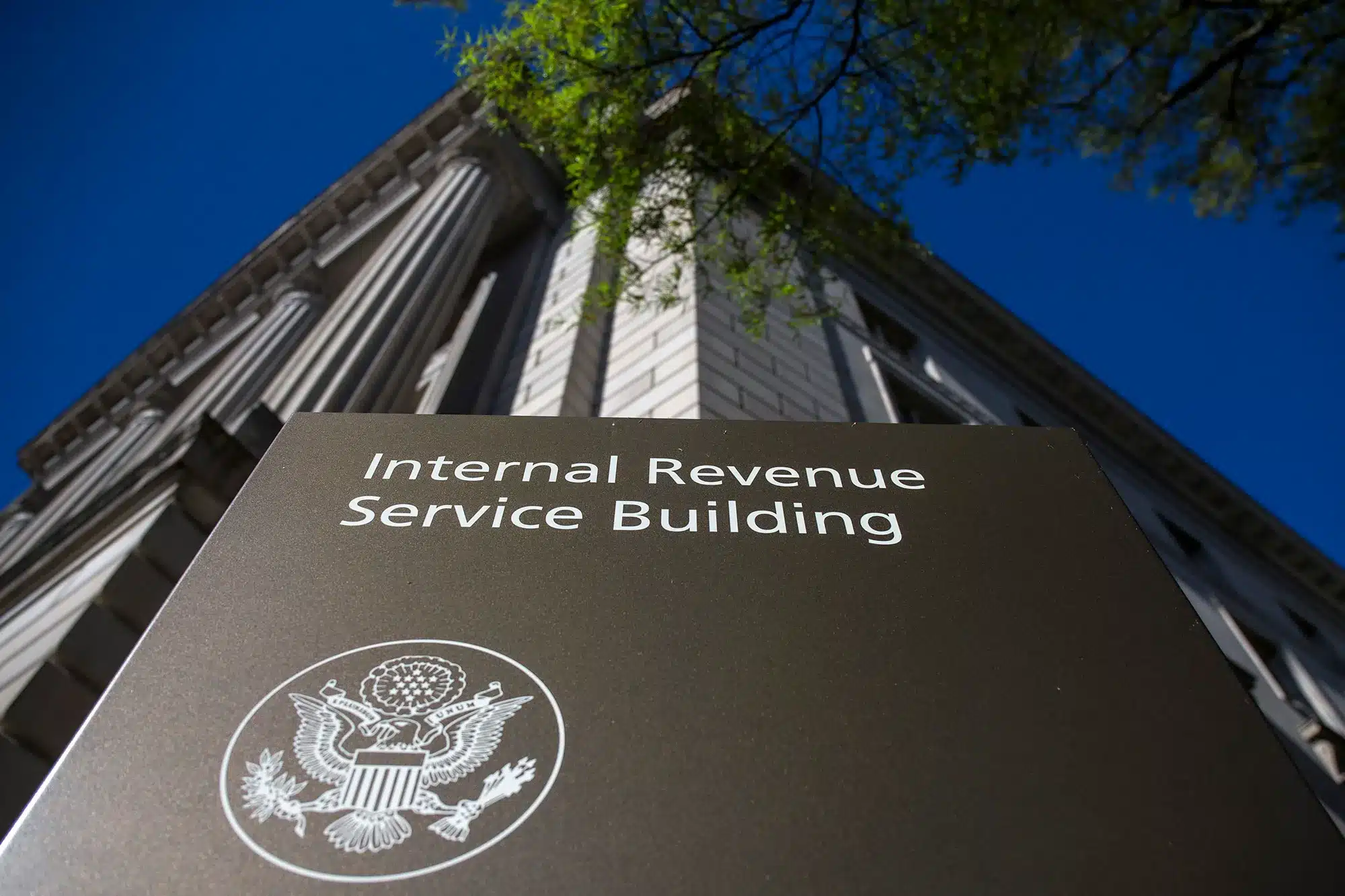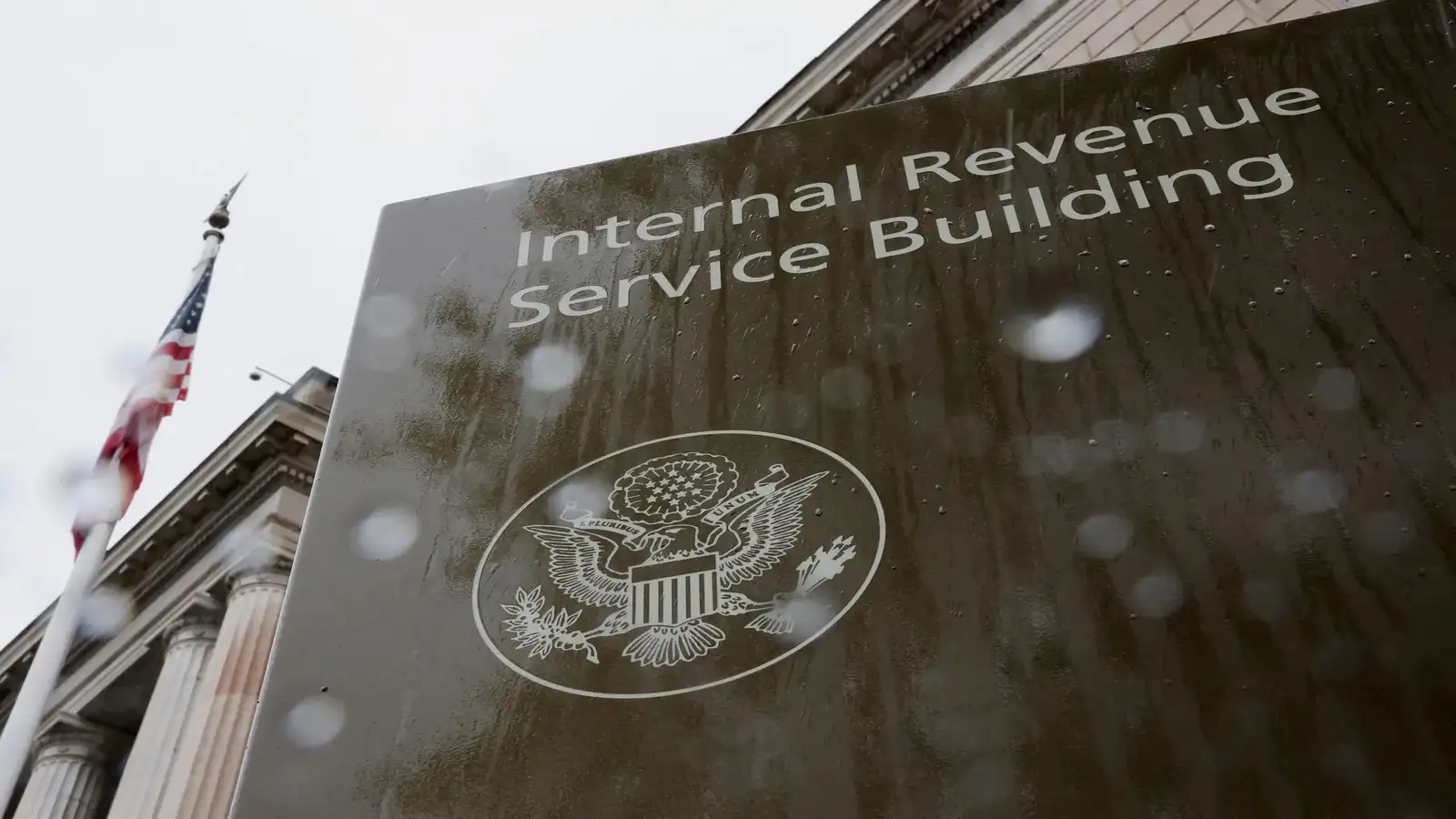The IRS is facing a serious crisis with respect to layoffs in 2025 that could shake up the country’s financial system.
More than 31% of its auditors have left the agency as a direct result of controversial cuts linked to Elon Musk’s Department of Government Efficiency (DOGE). According to a recent report by the Treasury Inspector General for Tax Administration, over 3,600 revenue agents responsible for collecting taxes have departed, creating a massive hole in the IRS workforce. But it’s not just auditors who have been hit hard. The report also reveals that 18% of revenue officers, those tasked with overseeing complex tax cases, and 10% of tax examiners, the employees who review returns, are no longer working for the IRS.

This drastic downsizing is the direct outcome of the DOGE initiative, a move to slash federal agency staff to supposedly improve efficiency. The IRS has lost more than 7,300 probationary employees, many of whom were hired under a funding boost from President Joe Biden to rebuild the agency’s auditing capacity. To make matters worse, over 4,100 workers took Musk’s “Fork in the Road” resignation offer, and an additional 13,100 employees took buyouts to leave the agency.
The layoffs have disproportionately affected newer hires in auditing positions. These were the very employees recruited with the goal of revitalizing the IRS after years of underfunding. With the agency’s resources already stretched thin, the loss of experienced auditors is expected to have a serious ripple effect. The problem is, the IRS simply doesn’t have the workforce to keep up with tax evasion at the levels seen before these cuts. As the report notes, auditors in fiscal year 2023 recommended approximately $32 billion in additional tax assessments. And while it might seem like a hefty sum, the reality is that auditors more than pay for themselves. Studies from the National Bureau of Economic Research show that for every $1 spent on audits of high-income taxpayers, the IRS collects $6 in additional tax revenue.
Without the necessary workforce to conduct thorough audits, there’s a high risk that tax cheats could get away with more. The inability of the IRS to pursue these cases could result in significant losses for the government, ultimately affecting the nation’s overall budget. A forecast from the Yale Budget Lab further highlights the looming dangers, predicting that laying off around 18,000 IRS employees could cause a net revenue loss of about $159 billion over the next ten years. If tax non-compliance continues to rise due to the shortage of auditors, this revenue loss could escalate to as much as $1.6 trillion over the same period.
While the DOGE cuts are presented as a way to save the government money, the reality is that the financial consequences may be far worse than anticipated. The White House’s fiscal 2026 budget reveals that the savings from the DOGE initiative were supposed to help fund non-defense expenditures, including a substantial boost in military spending. However, the loss of tax revenue from these cuts could offset these savings, potentially increasing the overall deficit. The $163 billion in savings earmarked for the military could come at a high price, both for the IRS and for taxpayers in the long run.
What’s more concerning is that the IRS is not done downsizing yet. While the report found that 5% of IT staff and 10% of customer service agents have already left, the agency has hinted that additional rounds of cuts are coming. With the IRS already operating at reduced capacity, future job cuts could leave it struggling to handle the growing number of tax returns and enforcement cases. That would not only hinder the agency’s ability to go after wealthy tax evaders but also diminish the level of service taxpayers receive. As more IRS employees depart, it’s unclear how the agency can maintain its vital functions, including answering questions and resolving disputes.
The IRS’s struggles are part of a larger trend of government downsizing. As President Biden’s administration and Musk’s DOGE initiative clash over the size and efficiency of government agencies, many Americans could end up feeling the effects. With tax compliance and enforcement slipping, those who are most likely to cheat on their taxes, high-income earners and large corporations, could find it easier to do so. As the IRS loses more auditors and its ability to investigate non-compliance, the nation’s revenue collection system could be on the brink of collapse.

In conclusion, the fallout from these IRS cuts is only just beginning to unfold. The departure of thousands of auditors and other key employees could significantly harm the government’s ability to enforce tax laws and generate revenue. While the IRS layoffs in 2025 were designed to save money in the short term, they could end up costing taxpayers much more in the long run. As the IRS loses its ability to tackle tax evasion, the nation could see a steep decline in tax compliance and a major increase in the national deficit. The real cost of these cuts might not be apparent now, but the consequences could reverberate for years to come.

